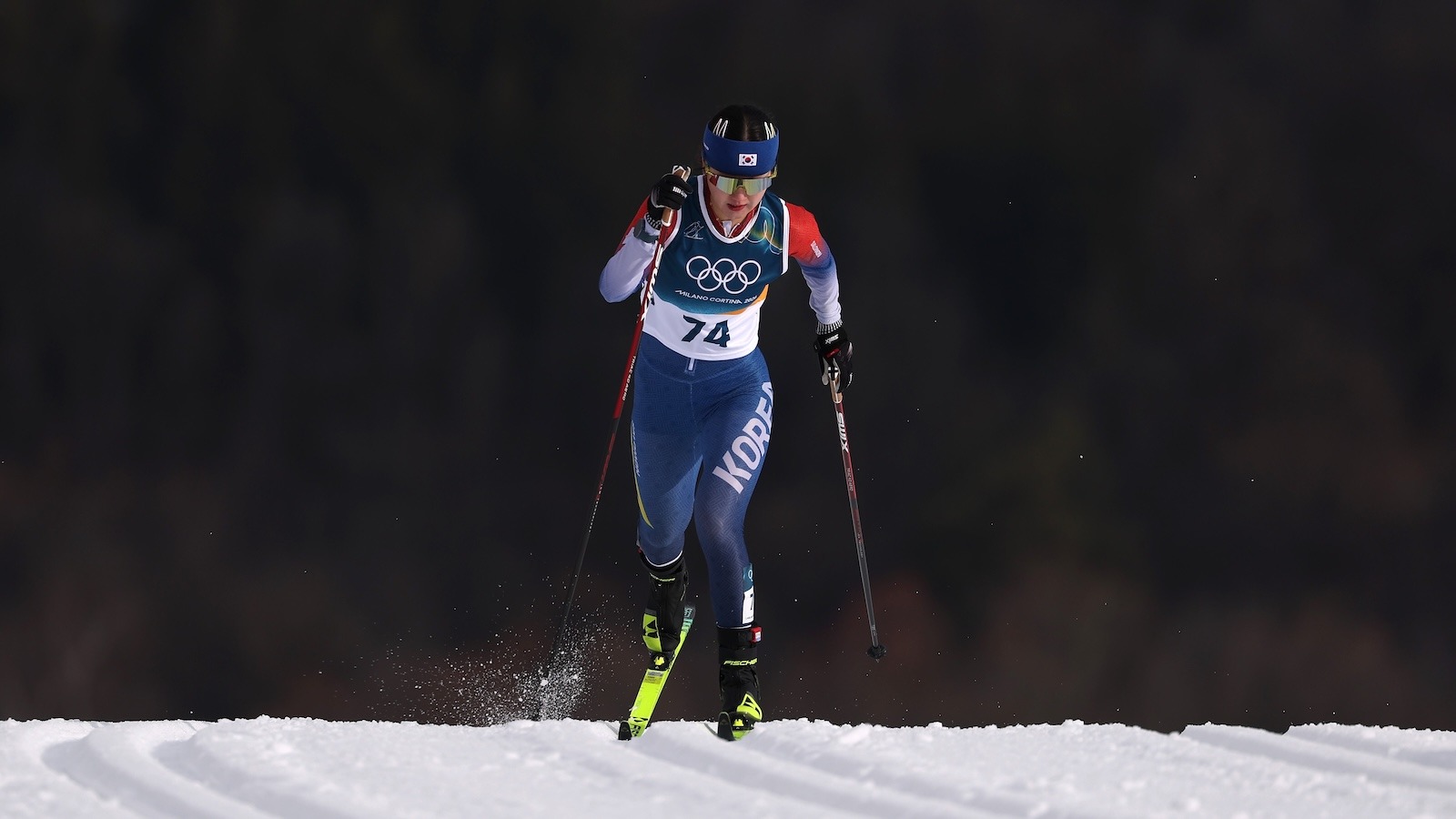Nutrients, Vol. 17, Pages 3460: Sex Differences in Associations Between Diet and Metabolic Health in Older Adults: The Roles of Vegetable Protein and Alcohol Intake
Nutrients doi: 10.3390/nu17213460
Authors:
Kayla R. Anderson
Philip A. Kern
Allison L. Steele
Brooke D. Lancaster
Madison Bee
Alyaa M. Zagzoog
Stacey A. Slone
Douglas E. Long
Jean L. Fry
Background/Objective: Aging is associated with a decline in metabolic health, including impaired glucose regulation. Both diet and biological sex impact metabolic health, yet sexual heterogeneity in diet response is understudied. We report on exploratory analyses of sex-specific associations between diet and insulin sensitivity, insulin resistance, and android and intermuscular fat composition in older adults. Methods: This secondary analysis uses baseline data from a previously completed clinical trial (n = 96), the MASTERS study. An oral glucose tolerance test (OGTT) was used to calculate insulin resistance and insulin sensitivity as measures of metabolic function, while dual-energy x-ray absorptiometry and computed tomography were used to assess body composition. Univariate analyses were used to identify sex-specific associations between metabolic health and single nutrients, as well as other dietary components. Feasible solutions algorithm (FSA) modeling was employed to identify food groups that were most associated with insulin sensitivity. Results: In men, greater intakes of vegetable protein (p < 0.0001) and whole grains (p = 0.001) were associated with higher insulin sensitivity, while refined grains (p = 0.003) and conjugated linoleic acids (p < 0.001) were negatively associated. In women, insulin sensitivity was positively associated with alcohol (p < 0.001) and xylitol (p = 0.007). FSA modeling identified whole grains, nuts, and seeds as food groups that predicted higher insulin sensitivity in men, while alcohol remained the strongest predictor in women. Conclusions: Men showed higher insulin sensitivity with plant-based diets, while alcohol intake was the dietary factor most associated with insulin sensitivity in women. The findings of these exploratory analyses support the need for sex-specific clinical trials and dietary guidance for aging populations.
Source link
Kayla R. Anderson www.mdpi.com


